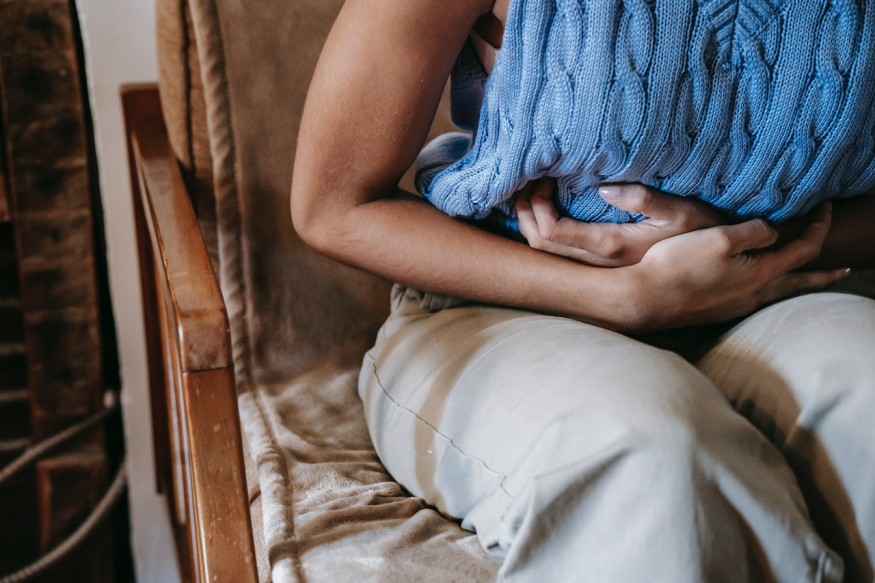After another round of the menstrual cycle, it is the time of the month again when a woman has to deal with her monthly period and all the discomforts that come with it. Aside from changes in behavior, such as mood swings and food cravings, a woman usually suffers from digestive issues such as bloating, diarrhea, and constipation.
Some women have mild and manageable digestive discomfort during the days of their monthly period, but for others, the cases are more severe. In a study about the periods of healthy women, 73% of the respondents report that they experience at least one of the primary gastrointestinal (GI) symptoms before or during their period. Abdominal pain and diarrhea rank as the most common GI symptom they experience. When the menstrual cycle affects the bowel movement of a woman, it is called period poop.

What Are Period Poops, and Should We Get Bothered?
Period poop is usually called the change in bowel movement that occurs monthly. These changes include a more frequent need to poop, a change in fecal smell, and a change in the consistency of poop.
Pooping more frequently during menstruation is normal due to the action of hormones on a woman's body. Every month, fatty acids called prostaglandin causes the smooth muscle tissues of the uterus to relax and shred its lining. However, this hormone has a similar effect on a woman's bowels. This leads to more poop and even diarrhea.
Another hormone that rises during the menstrual period is progesterone, which increases the feelings of hunger and leads to cravings for food rich in fat or sugar. Since the body finds it hard to digest these foods, eating more can affect the bowel movement. The changes in a woman's eating habits during menstruation are why period poops smell bad. Regarding poop consistency, having soft and watery feces during the monthly period is due to diarrhea.
Stress and anxiety during the monthly period can also affect the bowel movement of a woman. The nerves inside the stomach are linked to the brain through an internal network known as the gut-brain connection.
Dealing with the Discomfort
Knowing what period poops are is not enough since remedies are needed to alleviate a woman's discomfort. Fortunately, simple things can be done to reduce its symptoms.
Digestive issues can be avoided by eating clean food as much as possible. It may be hard to resist food cravings, but hard-to-digest food must be avoided. Digestion can also be improved by staying active even during the monthly period. Gentle activities such as walking, cycling, or yoga can benefit the body. Some pain relievers can also be taken to stop certain body enzymes from producing prostaglandin.
If diarrhea is the one that triggers period poop, then a slightly different approach is needed. Experts suggest reducing fried foods and caffeinated drinks because they can worsen diarrhea. Over-the-counter medicines such as loperamide can be taken when required on the first day of menstruation. Most of all, the body must be hydrated since the fluid is lost during loose bowel movements.
RELATED ARTICLE : Can You Go Swimming During Your Menstrual Periods?
Check out more news and information on Menstruation in Science Times.











